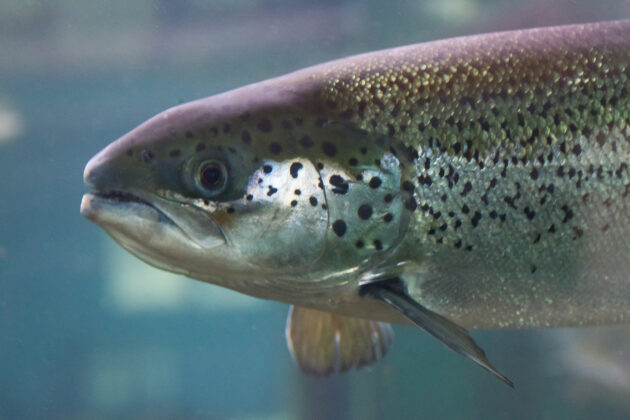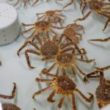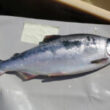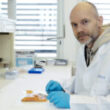DigitalAqua
Digitalisation for better assesment of fish welfare

The project aims to help improve our assessment and knowledge of fish welfare via digitalisation.
Start
01. Jan 2019
End
31. Dec 2023
Funded by
Nofima
Project Manager(s):
Other Participants:
The rapid and emerging digitization of the aquaculture industry is a central topic for all stakeholders with an interest in the aquaculture industry.
Digitalisation offers the promise of better tools to aid our understanding of numerous complex aquaculture challenges that can impact upon productivity, fish health and welfare, processes and operations. It can also speed and enhance the end-user’s decision-making process by providing stakeholders with a wider and more rapid overview of potential challenges, helping them make more informed, robust decisions both in the short- and longer-term.

The project DigitalAqua aims to help us improve our assessment and knowledge of fish welfare via digitalisation. It brings together biologists, process technologists, imaging specialists and data scientists to study how digitization can help us get a better picture of how the fish is doing.
This can be by:
- digitising welfare indicators, the tools we use to assess fish welfare, based upon image analysis and novel sensors measuring the fish themselves or the environment they are subjected to.
- better understanding the underlying factors that affect fish welfare in aquaculture production systems, using advanced data analytical tools that can extract information from large and complex data sets.
This digital toolbox can help the user identify robust welfare indicators, risks and drivers for fish welfare and analyse the variability in these indicators in relation to the range of conditions the fish are subjected to. Such tools can be used for day-to-day decision support, production monitoring and early warning of anomalies, and serve as input to long-term production improvements.
Publications
Strategic priority areas
Nofima invests its own resources in order to increase competence in useful, relevant and innovative areas and strengthen our position among the leading applied research institutes.
Active projects
Some previous projects
Research facilities
Tromsø Aquaculture Research Station
Research Station for Aquaculture – Sunndalsøra
Similar projects





